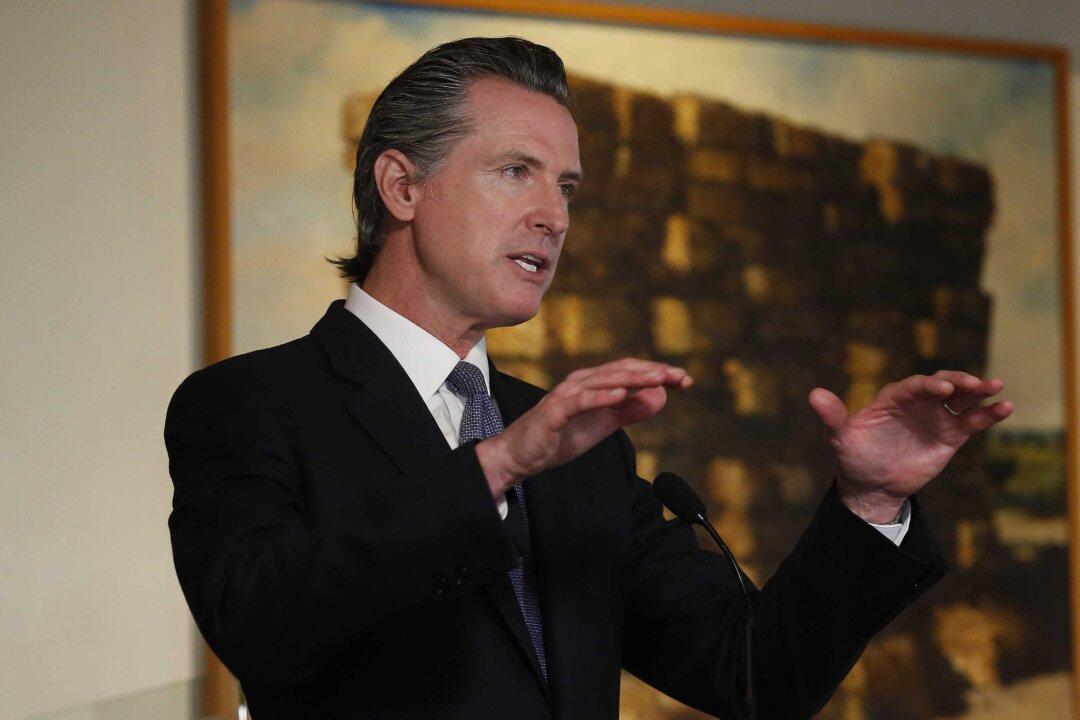Commentary
With golf courses having received the “thumbs up” recently, California Gov. Gavin Newsom announced on May 26 that hair salons, barbershops, and other grooming stores in the state could finally reopen.

With golf courses having received the “thumbs up” recently, California Gov. Gavin Newsom announced on May 26 that hair salons, barbershops, and other grooming stores in the state could finally reopen.